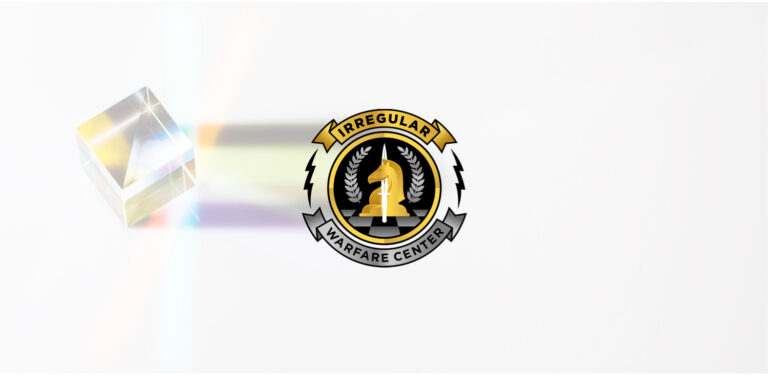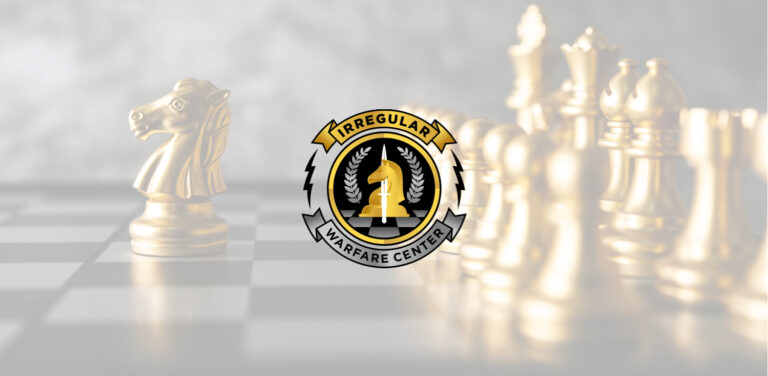The Irregular Warfare Annex to the United States’ National Defense Strategy prescribes the requirement to institutionalize irregular warfare (IW) as a core competency of the U.S. Department of Defense. Per the Annex, one of the necessary conditions of successful IW campaigning is sustained unified action with interagency partners, key allies, and partners. The first step to achieving such unified action is to ensure all stakeholders understand the fundamental concepts associated with IW and other related non-military aspects of irregular competition.


